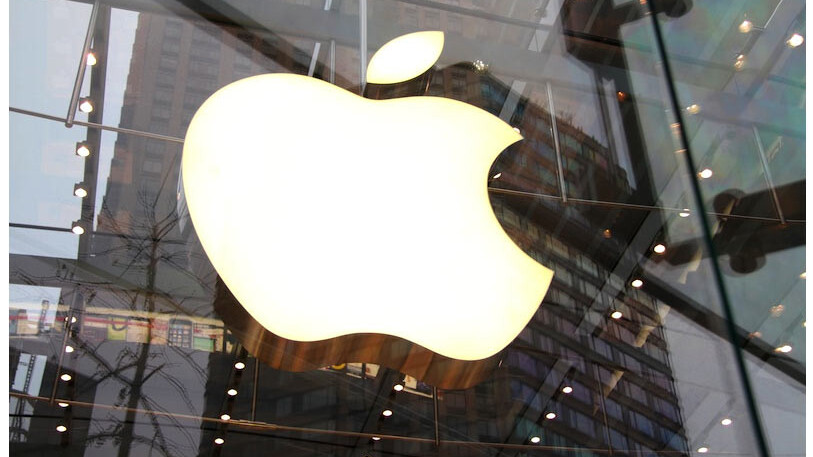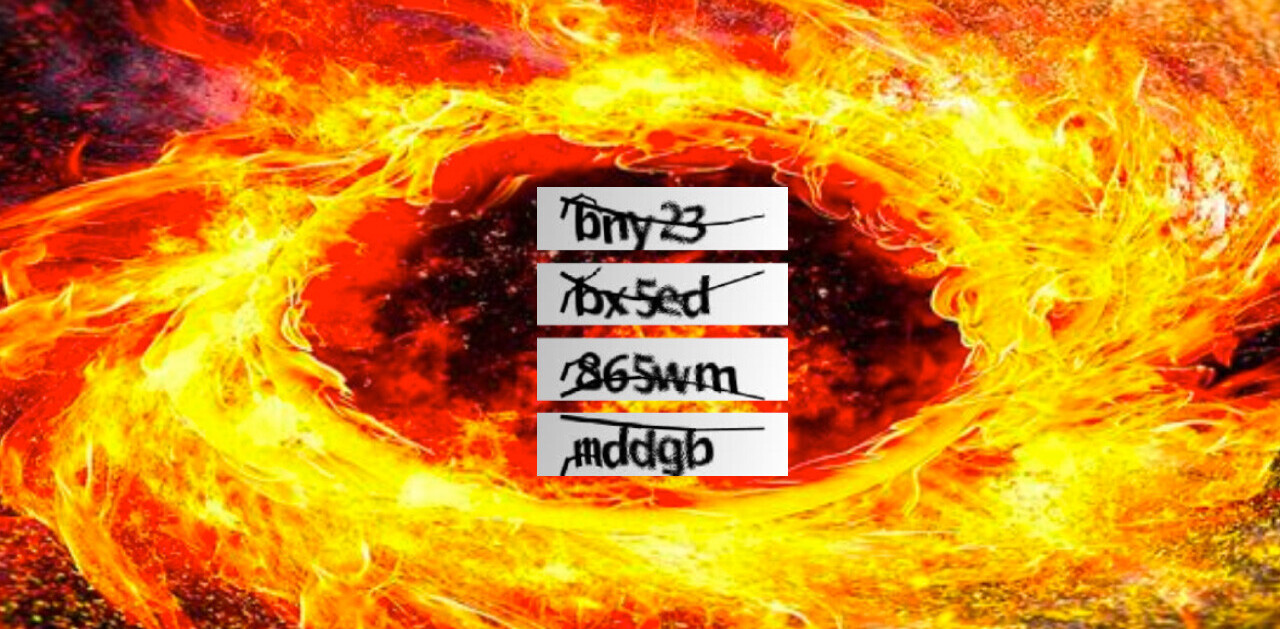
In an attempt to gain the upper hand in a lawsuit asserted against it for using of wireless patents registered by Samsung, Apple has filed a new federal case seeking to gain important information from chip-maker Qualcomm to determine whether its use of its processing technologies will be covered by separate licensing agreements, Litigating Apple has revealed.
The new case, filed on October 5, does not see Apple pursue Qualcomm aggressively, instead it shows Apple is looking to prove it already licenses important Samsung wireless patents, which it has been accused of infringing in Australia, Japan, South Korea, Germany, Netherlands, France, Italy and England.
Apple has already argued that Samsung is trying to block the sale of its products that are covered under FRAND (fair, reasonable and nondiscriminatory) terms that Samsung must license to ensure competition in the smartphone market. The Cupertino-based company uses Qualcomm’s chipsets in its CDMA iPhone 4 on Verizon and it is possible similar technologies are utilised in Apple’s new iPhone 4S, which operates as a worldphone.
Looking at the case documentation (PDF), Apple may believe that it already licenses Samsung’s patents indirectly as a result of its use of Qualcomm technologies, which is reinforced in its requests below:
REQUEST NO. 1
All documents that grant or granted, or purport or purported to grant, to Qualcomm any rights, protections, or licenses in or to any Samsung IPR — including without limitation Samsung Wireless IPR, regardless of whether it is Essential Wireless IPR — that provide or provided a covenant not to sue relating to any Samsung IPR, or that otherwise authorize or authorized Qualcomm to practice any Samsung IPR, including, but not limited to, all agreements, amendments, appendices, attachments, schedules, and addendums.
REQUEST NO. 2
For each document produced in response to Request No. 1, all non-privileged Communications with Samsung relating to that document, including Communications regarding the negotiation of the document and any Communications regarding any efforts to terminate any rights, protections, licenses, covenants not to sue, or other authorization provided by the document.
It is possible that Apple could tell the courts that all it has done is use a licensed wireless component in its iOS devices, highlighting the fact that it cannot be punished for infringement of the patent under what Litigating Apple refers to as the doctrine of patent exhaustion.
Qualcomm may have been forced to deny Apple access to its documentation due to its agreements with Samsung, leading to the filing of the new federal case. If Apple is successful in its argument, it would further weaken Samsung’s legal offensive against the company, better positioning it in its own lawsuits against the Korean smartphone giant over claims it copied Apple’s iPhone and iPad designs.
Get the TNW newsletter
Get the most important tech news in your inbox each week.





